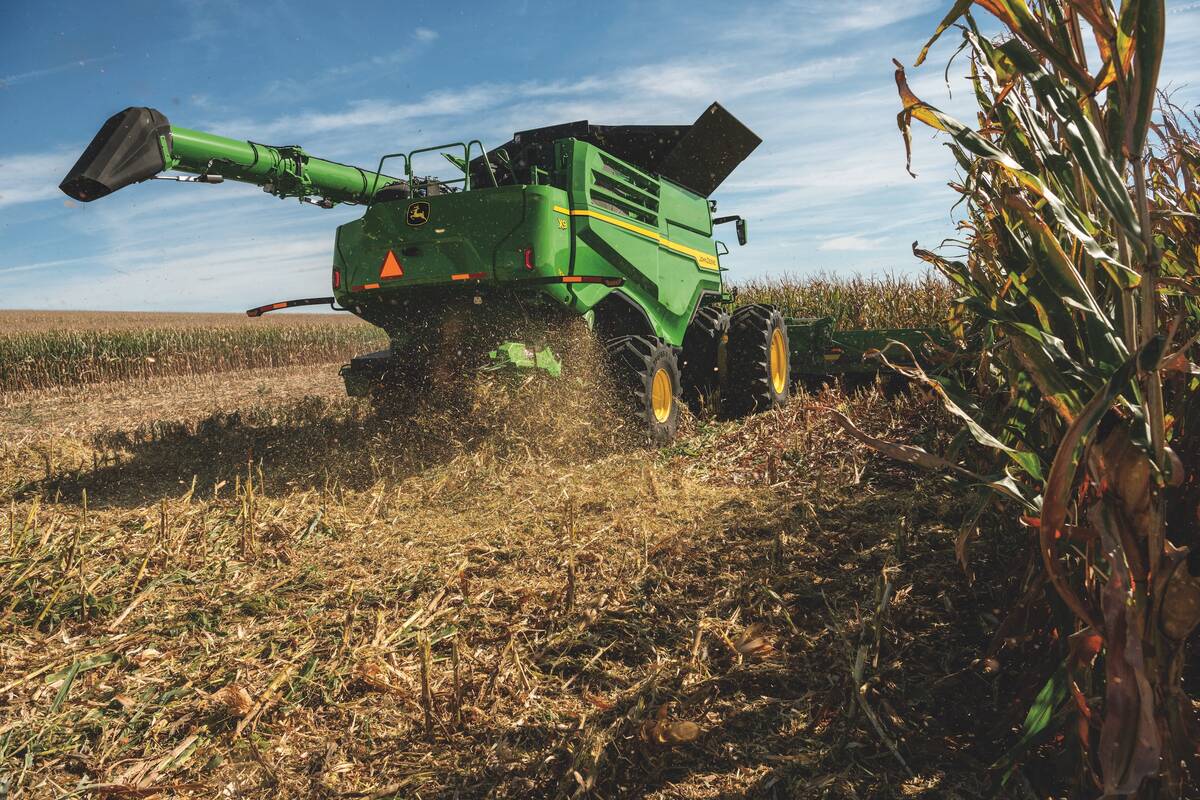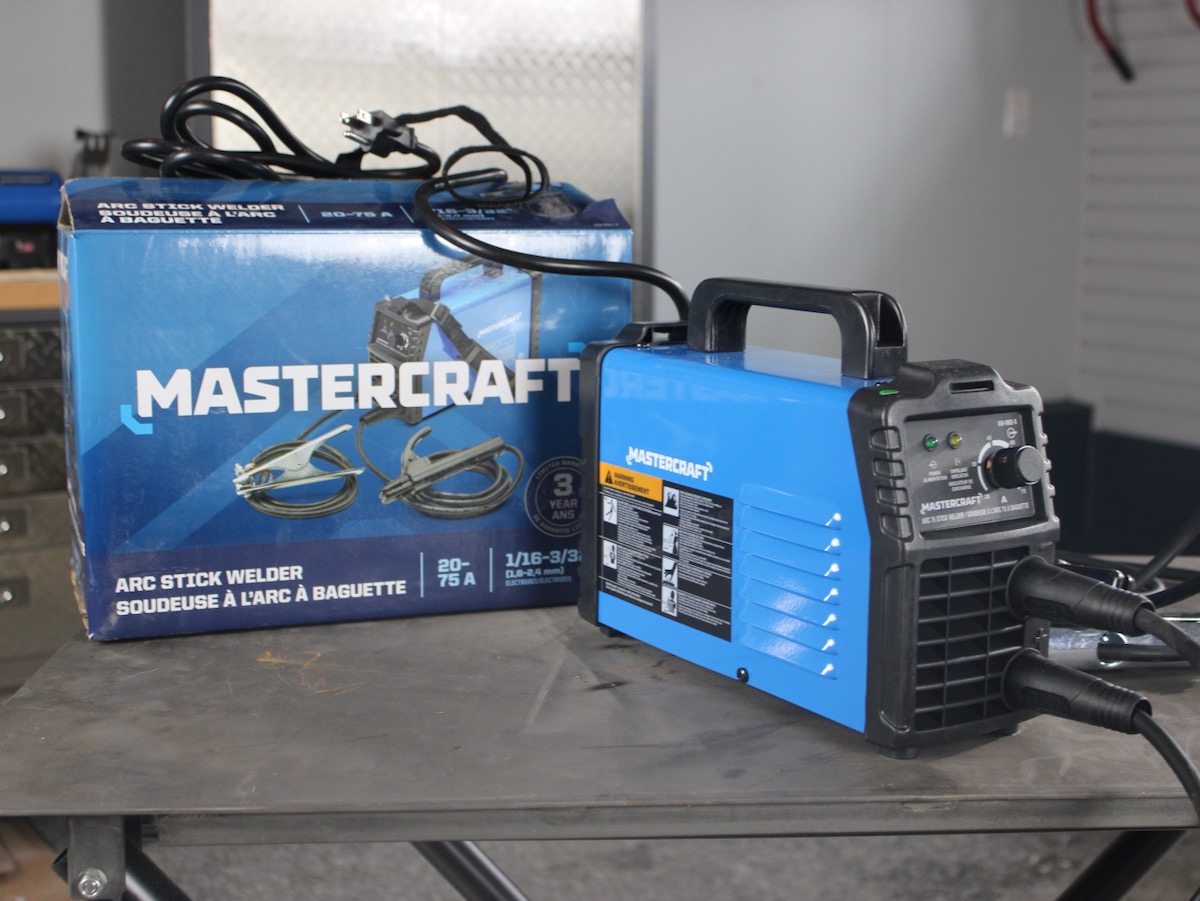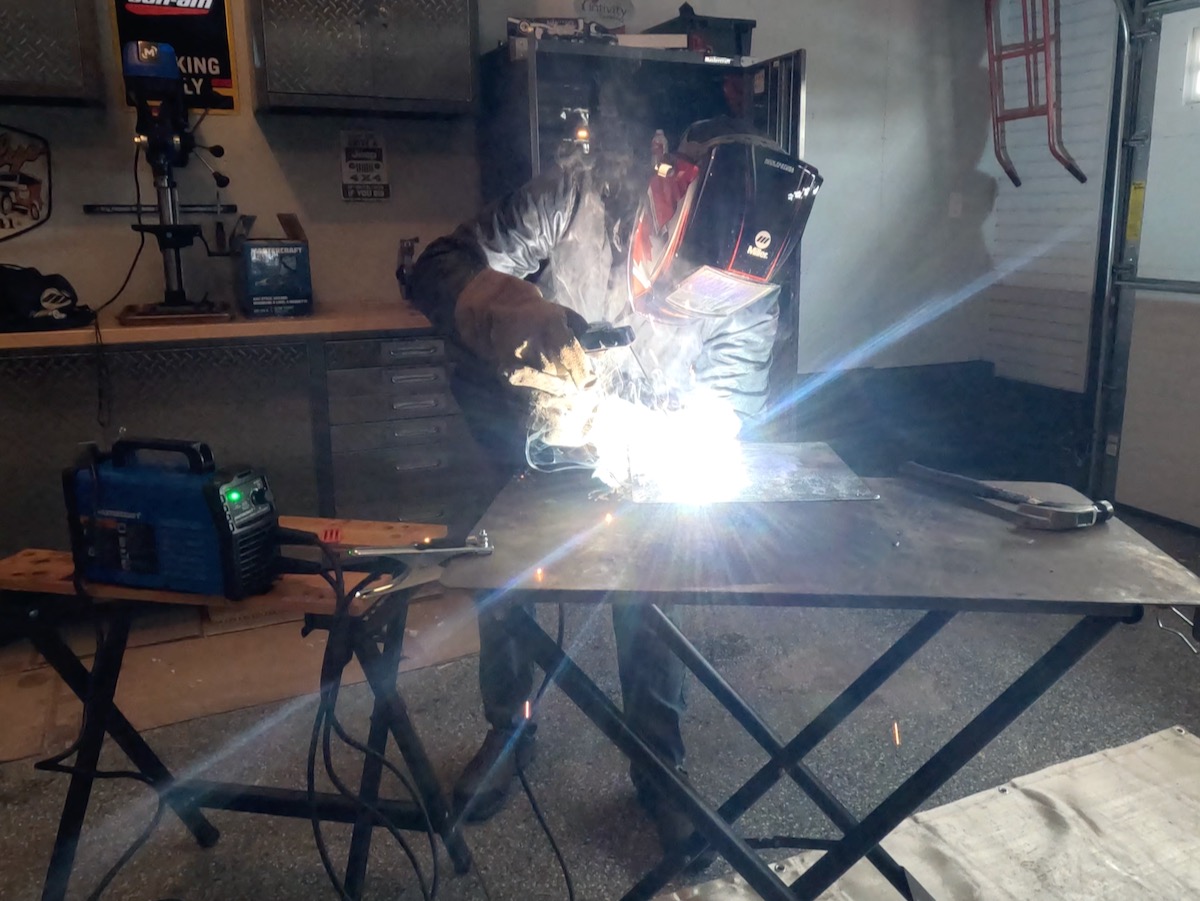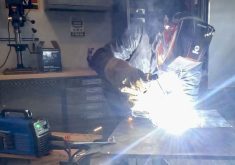A quick online search will show there are more than a few cheap welders out there; most, of course, originate in Asia. Some claim to have some reasonably good features. But even at a low cost, are they worth the money? Is it worth it to take a chance on a no-name, low-cost model?
A friend recently texted with a link to a Black Friday Canadian Tire sale offering a Mastercraft 75-amp,120-volt arc welder on sale at 45 per cent off its $230 regular price. For $120, he asked, did I think this little machine was worth picking up?
Having owned more than a few welders over the years, my advice to him was, as always: you won’t regret buying a good name-brand machine, even though they aren’t cheap, rather than something that doesn’t offer good features and reliability.
Read Also

John Deere introduces updated tech for its combine line
The 2027 model year will see the debut of several new features for John Deere’s line of combines, particularly the X9.
But for just $120, it seemed worth it to see what this machine could do. So we picked one up and brought it into the Grainews Garage to see what it was capable of.
WATCH THE VIDEO: Taking a portable welder for a test drive
First of all, it operates on a regular 120-volt electrical circuit, so it’s obviously not going to be capable of any really heavy-duty work. That’s clear from the start. Like other lower-voltage machines, this one’s manufacturer claims it can handle base materials up to 1/8 inch. That capability would still allow it to handle lots of jobs in the farm shop, or even in a field repair.
Like most basic welders, this one is limited to a DC electrode positive setting. That, however, will work with most of the common electrodes you’d expect to find in a farm shop, such as 6011, 6013, 7014 or 7018. Although the manual for this machine says it’s not compatible with 7018, that’s likely just because these rods demand a little more amperage than the others. A smaller-diameter 7018 electrode would probably work fine.
The rated 40 per cent duty cycle — which means it can hold an arc for four minutes out of every 10 — isn’t bad for a low-cost machine.
The manual claims the welder can work with electrodes up to 3/32-inch diameter.

The test
Once out of its box, the welder’s diminutive size didn’t really inspire confidence at the start. But the real test comes when the electrode meets the base metal — and it has to be said, at the end of the test this little machine exceeded those low expectations.
Starting with a 1/16-inch 6013 electrode, the welder held a steady arc with very good penetration on the base material. There was no problem with the duty cycle rating. It didn’t shut down to reset at any time during the test.
To find its upper limit, using a 3/32-inch 6013 electrode, the little machine, at its highest amperage setting, managed to hold a steady arc.
The manufacturer recommends connecting the welder to an electrical outlet on a 25-amp circuit. When tried on a regular household plug with a 15-amp circuit, the welder worked fine in low- to mid-range amperage settings. But it would eventually trip the breaker at anything near maximum heat settings.
WATCH MORE: Welding tips and equipment for the farm
At this stage, it isn’t possible to draw any long-term reliability or durability conclusions. But if it continues to work as expected over time, it proved it offers pretty good value for the money, especially at the sale price.
Its size makes it easy to carry in a field service truck equipped with a generator for in-field repairs.
Will it handle all repairs and farm shop work? Nope. Is it able to be pretty useful nonetheless? Definitely. So I think considering price and capability, the little welder gets a thumbs-up.
And if, like me, you think the only thing better than tools is more tools, the welder is a worthwhile addition to the shop.
















